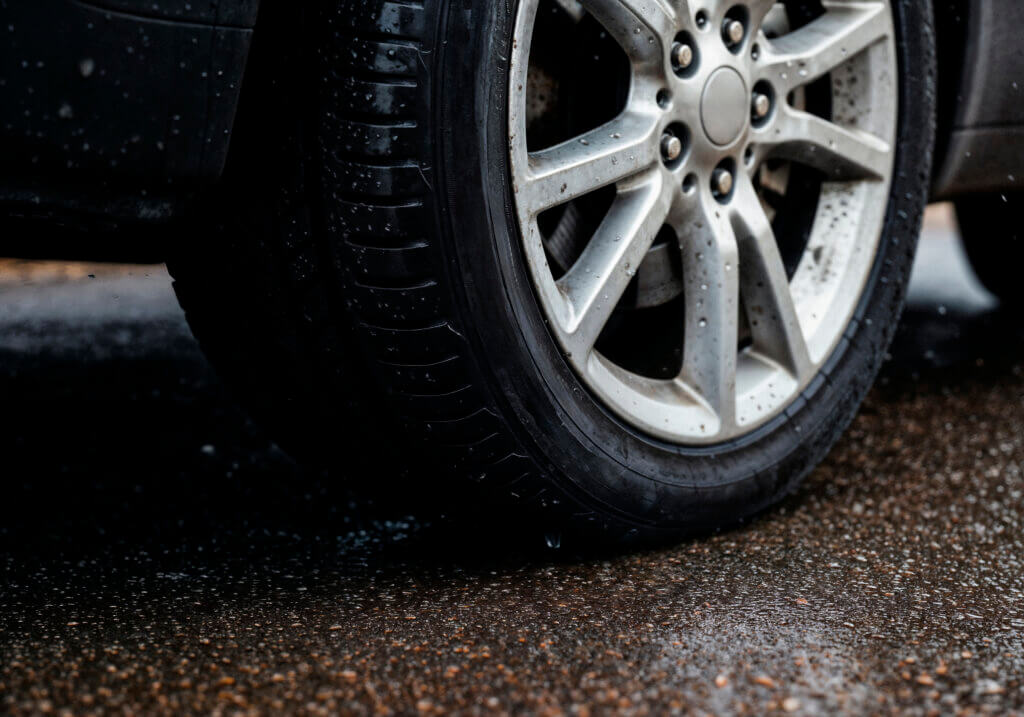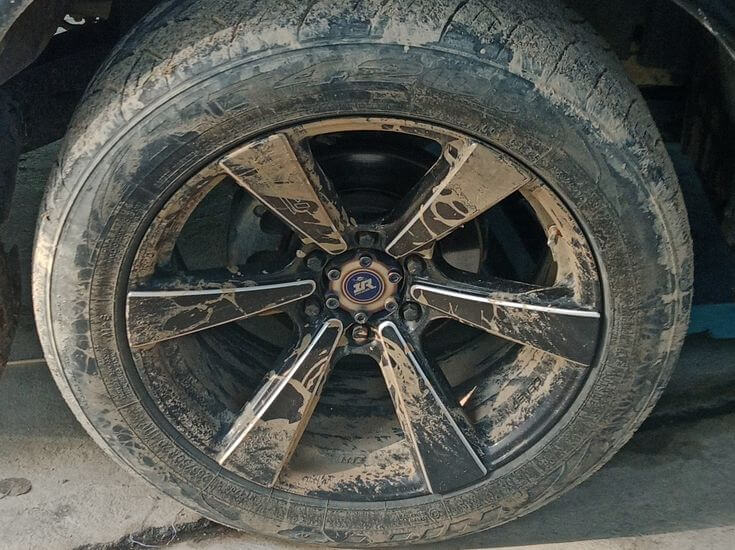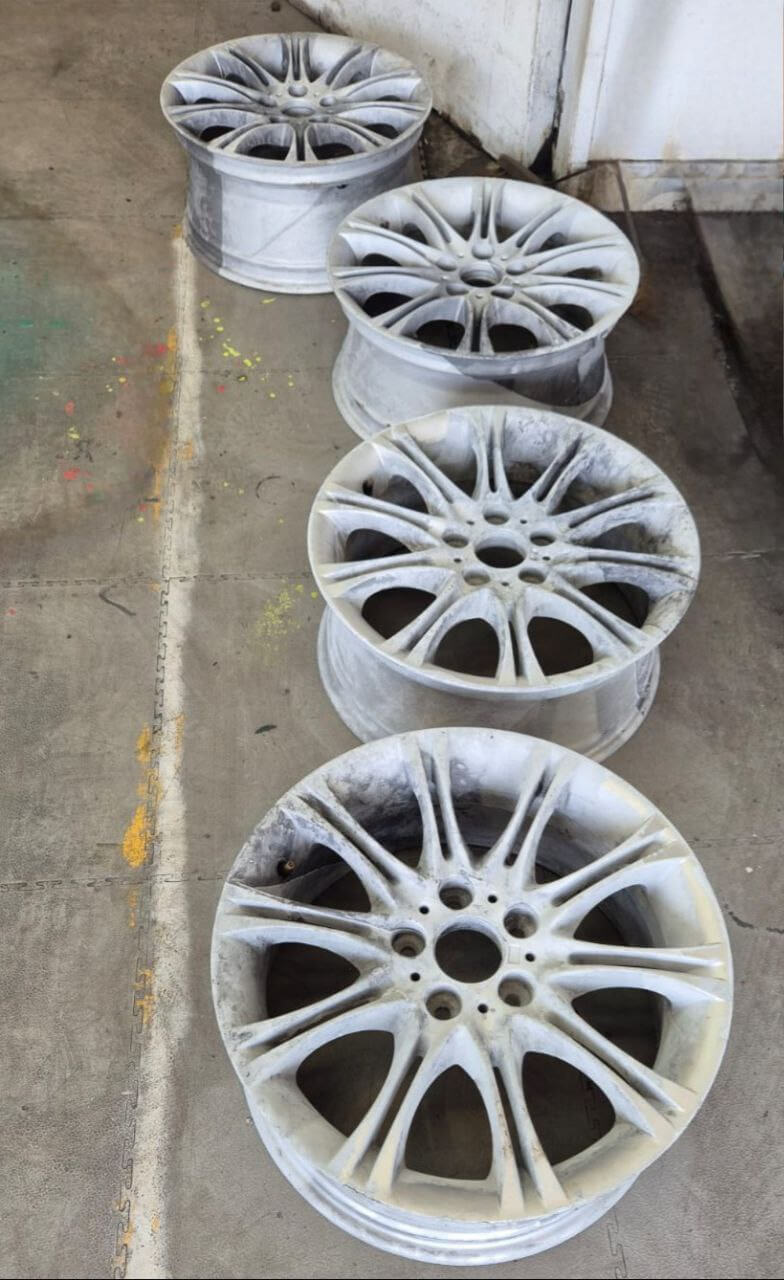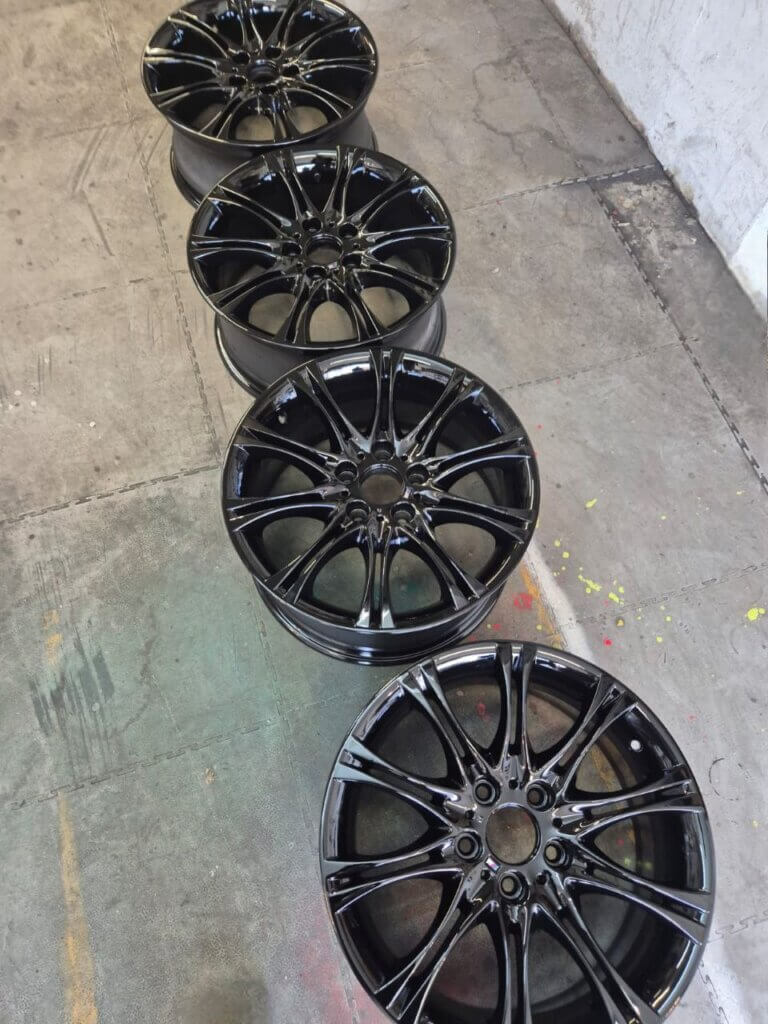Alloy wheels are one of the most important features of a car when it comes to both style and performance. They enhance the overall look of your vehicle and provide strength and durability on the road. However, like any other part of your car, alloy wheels are not immune to damage. Over time, they can become scratched, scuffed, corroded, or bent. The good news is that refurbishment can restore them to their original condition, making them look brand new again.
But how do you know when it’s time to refurbish your alloy wheels? In this article, we’ll explain the key signs to look out for, why refurbishment matters, and how acting quickly can save you both money and stress in the long run.
Why Alloy Wheel Refurbishment Matters
Before identifying the warning signs, it’s important to understand why alloy wheel refurbishment is essential. Here are a few reasons:
- Safety – Damaged or bent wheels can affect your car’s handling, braking, and overall safety.
- Appearance – Scratched or corroded alloys reduce the aesthetic value of your car, making it look older and poorly maintained.
- Resale value – If you plan to sell your vehicle, refurbished wheels give a better impression and increase its value.
- Cost-effective – Refurbishment is much cheaper than replacing an entire set of wheels.
Common Signs That Your Alloy Wheels Need Refurbishment
Here are the most noticeable signs that your alloys may need attention:
1. Scratches and Scuffs
Kerb damage is one of the most common issues car owners face. Parking too close to pavements or hitting obstacles often leaves scratches and scuffs on the wheel surface. While these may seem minor at first, they affect the wheel’s protective layer and can eventually lead to corrosion.
When to refurbish: As soon as you notice visible scratches or scuffs that can’t be polished out.

2. Corrosion and Rust Spots
Although alloys don’t rust in the same way steel does, they can corrode when their protective lacquer gets damaged. White patches, bubbling paint, or rough surfaces are signs of corrosion. This usually happens due to road salt, brake dust, or exposure to moisture.
When to refurbish: Early corrosion should be treated immediately before it spreads.
3. Cracks or Bends
Driving over potholes, speed bumps, or curbs at high speeds can cause cracks or bends in alloy wheels. Even small cracks can expand over time and compromise the wheel’s strength. A bent wheel can also cause vibrations while driving and uneven tyre wear.
When to refurbish: Immediately. Cracks and bends are serious safety risks and should never be ignored.

4. Peeling Paint or Fading Finish
If your alloy wheels have been painted, powder coated, or diamond cut, the finish can fade, peel, or look dull over time. Sunlight, harsh chemicals, and weather conditions are common causes of this.
When to refurbish: As soon as the finish begins to peel or fade, not only for looks but also for protection.
5. Persistent Brake Dust Stains
Brake dust builds up naturally on wheels, but if it becomes embedded and won’t wash off, it can damage the surface. Over time, these stains can eat into the wheel’s finish.
When to refurbish: If regular cleaning doesn’t restore the shine and the wheel looks permanently stained.
6. Vibrations or Poor Handling
Sometimes, the signs aren’t visual but mechanical. If you feel vibrations through the steering wheel or notice your car doesn’t handle as smoothly as before, your alloy wheels could be bent or out of balance.
When to refurbish: Immediately after noticing persistent handling issues.
How the Refurbishment Process Works
When you bring your wheels in for refurbishment, a specialist will usually follow these steps:
- Inspection – The wheel is carefully examined for scratches, bends, or cracks.
- Stripping – Old paint, lacquer, or coatings are removed.
- Repair – Cracks are welded, bends are straightened, and surfaces are smoothed.
- Finishing – The wheel is powder coated, painted, or diamond cut to restore its original shine.
- Sealing – A protective lacquer is applied to prevent future corrosion.
This process ensures your wheels not only look new but are safe and long-lasting.


How Often Should You Refurbish Alloy Wheels?
There isn’t a fixed timeline, as it depends on driving habits and road conditions. City driving with lots of kerbs and potholes may mean refurbishing more often. On average, most car owners need alloy wheel refurbishment every 2–3 years, but it’s best to act as soon as you notice any of the warning signs listed above.
DIY vs. Professional Refurbishment
You can’t avoid every scratch, but here are some tips to keep your alloy wheels in top condition for longer:
- Avoid parking too close to kerbs.
- Wash your wheels regularly to remove brake dust and salt.
- Use pH-balanced wheel cleaners instead of harsh chemicals.
- Drive carefully over potholes and speed bumps.
- Consider applying ceramic coatings for extra protection.
Your alloy wheels are more than just a stylish accessory – they play a crucial role in your car’s safety and performance. Scratches, corrosion, cracks, and poor handling are all signs that refurbishment is needed. Acting quickly not only keeps your car looking great but also ensures it remains safe and reliable on the road.
If you’ve noticed any of these issues, it’s time to get in touch with a professional alloy wheel refurbishment service in London. At Alloy Wheels Refurbish, we specialise in restoring wheels to their original condition with high-quality finishes and expert care.
Why Choose Best Tint for Alloy Wheel Refurbishment in London?
At Best Tint, we don’t just refurbish alloy wheels — we restore them with precision and care using the latest state-of-the-art machinery. Our workshop is equipped with modern technology that guarantees a flawless finish, whether it’s diamond cutting, powder coating, or full refurbishments.
We also understand that your car needs to stay on the road while your wheels are being repaired. That’s why we provide free replacement wheels during the refurbishment process. You can continue driving without hassle, and once your refurbished wheels are ready, you simply return to have them fitted back on your vehicle.
Choosing us means getting:
- Advanced and up-to-date alloy wheel repair machines
- A professional and experienced team
- Free loan wheels while yours are being refurbished
- Reliable, fast turnaround times
👉 Contact us today to book your alloy wheel refurbishment in London and give your wheels a fresh, premium look.
